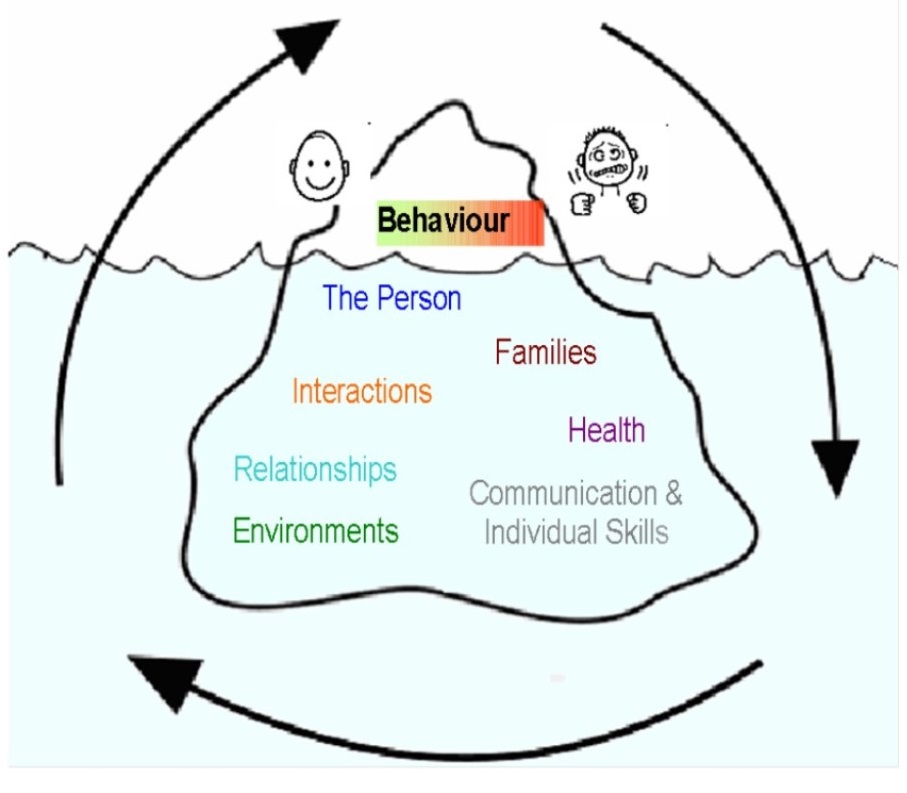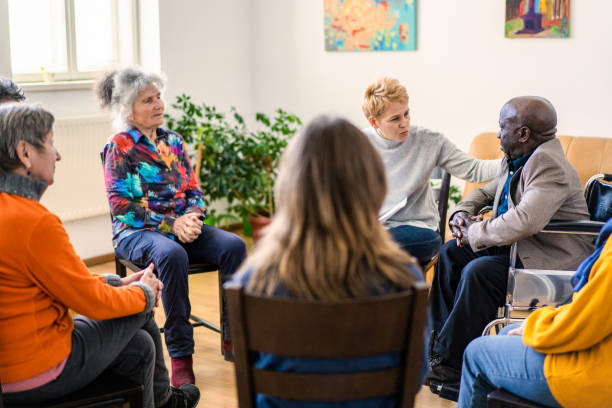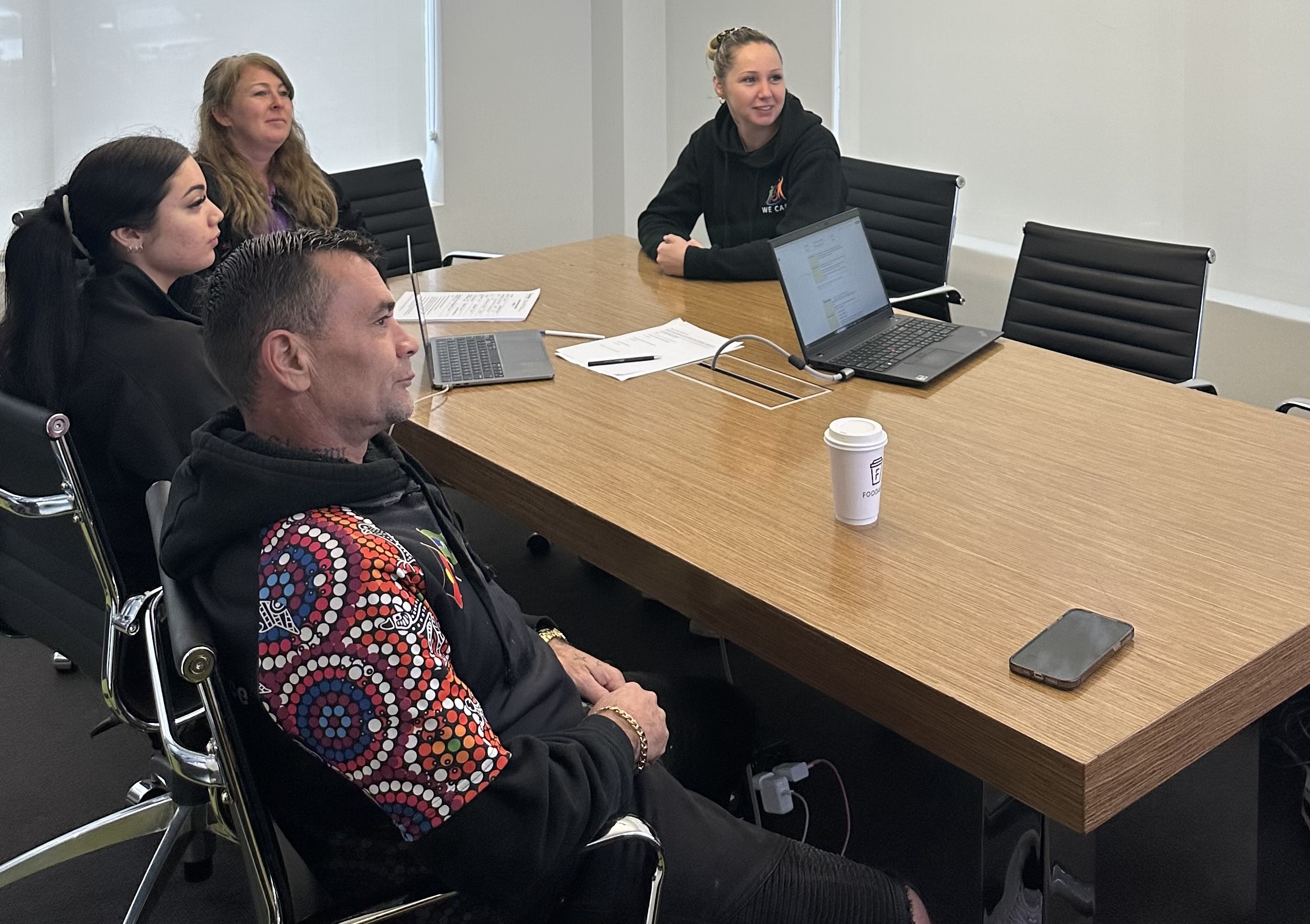Welcome to Central Coast Behaviour Support
Empowering Positive Change
About Us
Central Coast Behaviour Support
We’re a small, friendly team of NDIS Registered Specialist Behaviour Support Practitioners who live and work on the Central Coast, NSW. Our goal is to empower individuals and their support networks by delivering person centred strategies and behaviour support plans that build skills, independence, and enhance quality of life.



Manager - Elise Taylor
Positive Behaviour Support
NDIS and Disability Specialists
Our practitioners are fully qualified. We provide compassionate, trauma informed care in the following areas;
01
Austism Spectrum Disorder (ASD) and Attention Deficit Disorder (ADHD)
02
Intellectual Disability
03
Complex mental health conditions including Schizophrenia, Bioplar, Depression, Anxiety, and PCLI
04
Substance use issues and dual diagnosis
What is Positive Behaviour Support
Positive behaviour support is an evidence, value and rights based approach. It focuses on improving a person’s quality of life and understanding the reasons behind behaviour and ways to meet a person’s needs.
Behaviour support practitioners are employed by registered specialist behaviour support providers to develop behaviour support plans.
A behaviour support plan provides strategies to address behaviours. It meets the individual’s needs, while respecting their dignity and working to improve their quality of life.
Person-centred
PBS centres the individual, focusing on their needs, strengths, preferences, and goals to create tailored strategies.
It emphasizes proactive measures to create positive environments and teach skills, rather than solely relying on reactive responses to challenging behaviours.
It acknowledges that behaviour is influenced by environmental, social, and personal factors and seeks to address these underlying causes.
A behaviour support plan provides strategies to address behaviours. It meets the individual’s needs, while respecting their dignity and working to improve their quality of life.
Learn more: What is positive behaviour support?
PBS involves a functional behaviour assessment (FBA) to identify the purpose or function of the behaviour, understanding what triggers it and what it achieves for the person.
Strategies are developed to teach new, more appropriate ways of communicating needs and interacting with the environment.
The environment is modified to remove triggers and create a more supportive setting that encourages positive behaviour.
The ultimate goal is to enhance the person’s overall quality of life by helping them achieve their goals and participate more fully in their community.
Reduced Challenging Behaviours: By addressing the root causes, PBS helps to reduce the occurrence of behaviours of concern.


Our practitioners recognise that each person is unique, so take the time to listen, understand and create practical strategies that work in everyday life.
Whether we’re supporting a child, teenager, or adult, our approach focuses on reducing challenging behaviours, building independence and skills in ways that are meaningful and sustainable.
It seeks to understand the underlying reason for behaviours, recognising the each person is unique Our practitioners understand that every person is unique, so take the time to listen work collaboratively with existing networks, including family, carers, support coordinators and therapists to identify your strengths and obstacles to meeting your goals.







